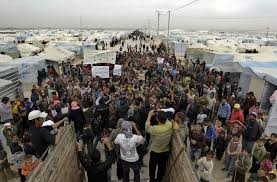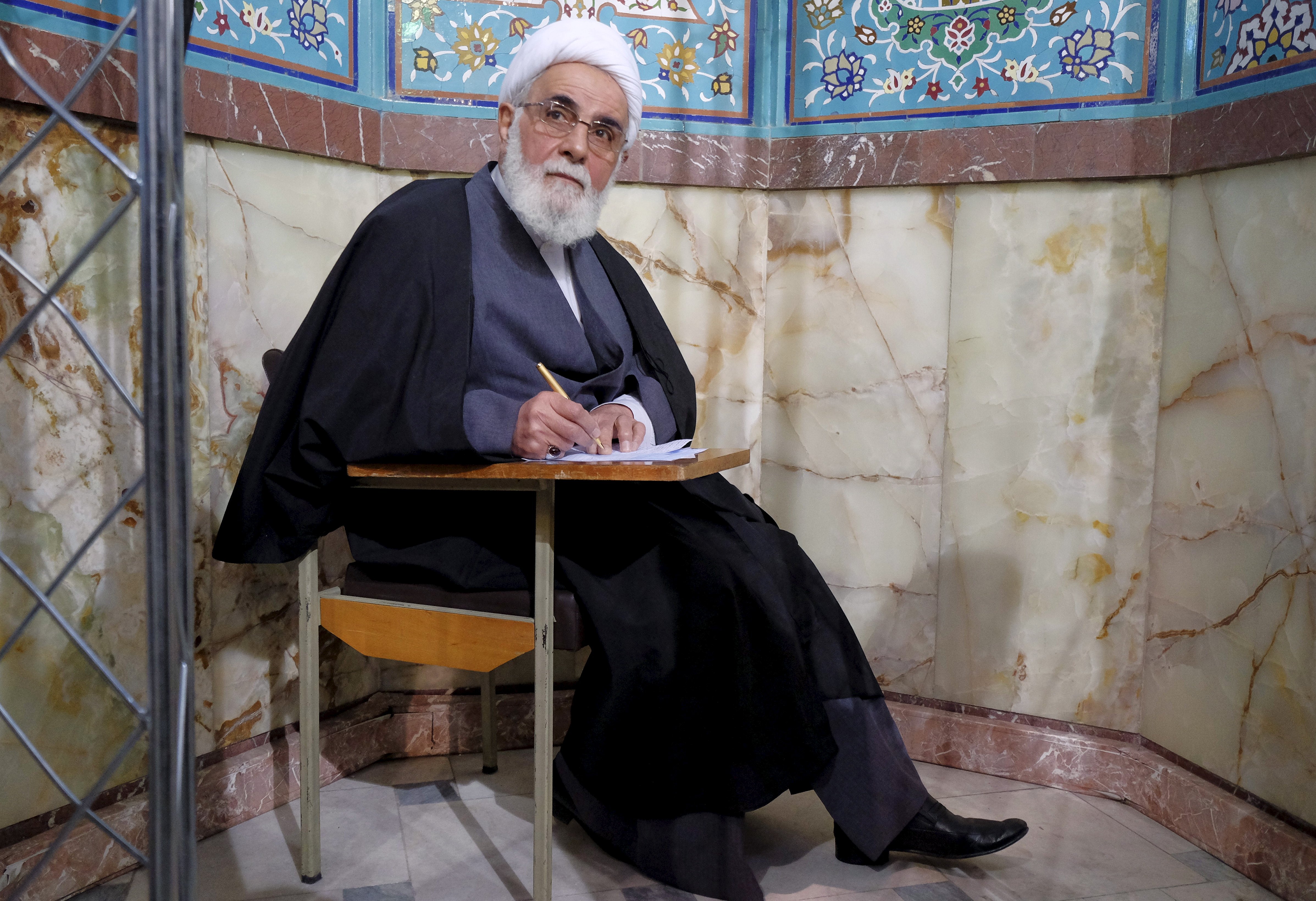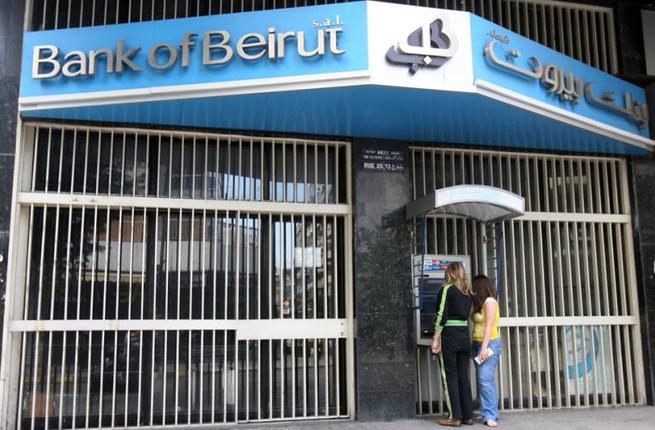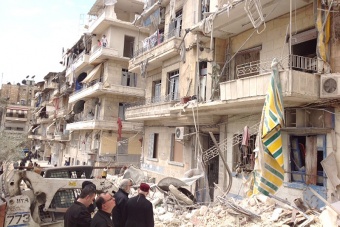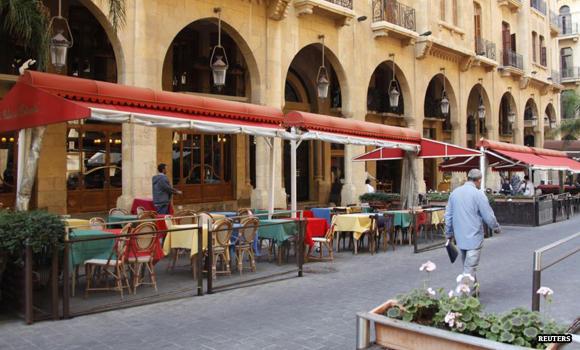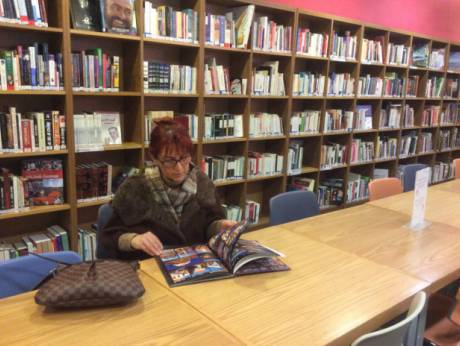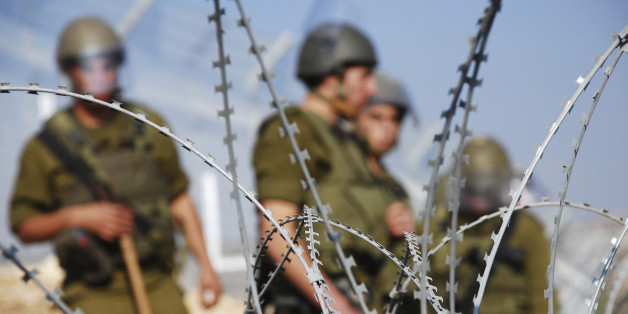
Beirut: On the heels of recent disputes over the appointment of three officers to the Military Council, the Lebanese Minister of Defence Samir Moqbel approved the appointment of Brigadier General Camille Daher as the new head of Military Intelligence, to succeed General Edmond Fadel, whose term of office was extended for six months in September 2015.
The surprise announcement was a victory for Army Commander General Jean Qahwaji, whose retirement was postponed for one year until September 30, 2016, and who wanted Daher in the intelligence post. According to the generally well-informed Al Nahar daily that reported the news without providing any personal details on the contender, the decision was a purely military one based on merit, which upset the country’s political establishment that was prevented from interfering.
